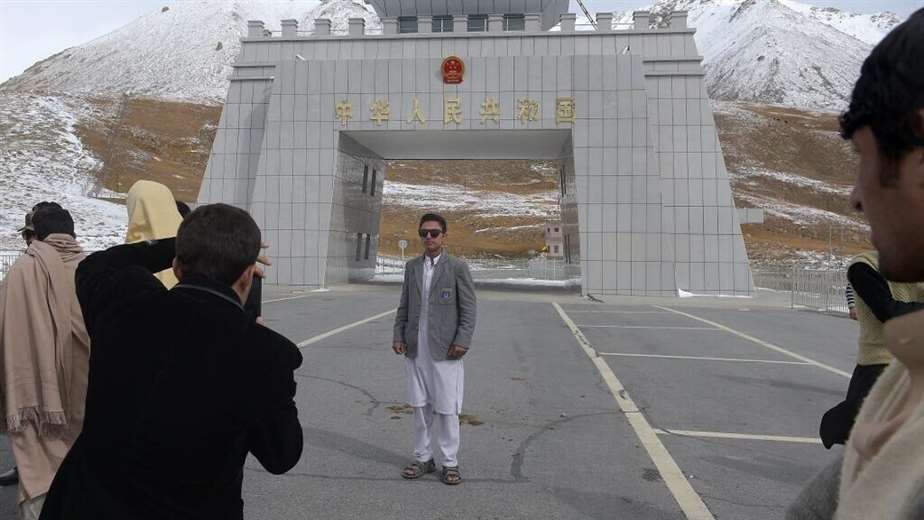
March 29, 2023, 22:53 PM
March 29, 2023, 22:53 PM
China has provided $240 billion in loans to 22 developing countries at risk of default in two decades, a figure that has risen in recent years, according to a report published on Tuesday. A strategy that seeks to stimulate economic activity but has put some countries in a situation of financial dependence.
China has not yet replaced the International Monetary Fund, but its weight in debt management is now considerable. It has become the second lender of last resort after the IMF. This is a very recent and extremely discreet power increase. This indicates a study published on Tuesday March 28 by AidData and prepared by a consortium of Western researchers from Harvard University, the World Bank and the Kiel Institute for World Economy.
Since Beijing does not publish any data on its international loans, it is necessary to search the public accounts of the affected countries to realize the phenomenon. The researchers estimate that Beijing lent $104 billion to states in financial difficulty between 2019 and 2021, equivalent to 40% of the amounts lent by the Fund during the same period. These three years were decisive for China to become a key player in debt crises. The loans granted during this period represent almost half of its commitments since the year 2000.
The privileged partners of the Silk Road?
Beijing began by contributing to the indebtedness of developing countries by lending them money to build bridges, roads, railways, ports, that is, all the infrastructures they lacked. These loans were granted very quickly, in impressive amounts.
But in ten years, the nature of these international loans has completely changed. 60% of Chinese loans are now used to bail out states in financial distress; Twelve years ago, this was only 5% of total loans. China has changed its role from builder and main creditor to that of financial firefighter. A fireman in part arsonist since these Silk Road projects are often pharaonic and poorly calibrated from a technical and economic point of view. As a consequence, many countries lured by this windfall have found themselves unable to repay the loans associated with these costly and sometimes failing projects. This was the case, for example, of Sri Lanka and Pakistan, which ended up highly indebted.
So it is partly to fix these wrongs that Beijing is increasingly intervening.
China wants to help the countries that have become its allies, and above all to support its own banks that are highly exposed in these countries. It is, therefore, a very interested and highly targeted aid. China prefers to help middle-income countries, which will retain the ability to repay. And finally, it is cost-effective aid: the IMF gives loans at 2% while Chinese loans are more like 5%, with trade and political clauses that remain secret, of course. However, the Chinese attitude is not very original: the United States charged similarly high rates when it bailed out Latin American states in the 1980s. A role that the world’s leading power has virtually ceased to play.
Poor articulation with the financial aid of the IMF
According to the AidData study, 22 countries receive both Chinese and IMF loans. From Egypt to Argentina, passing through Suriname, Belarus, Venezuela and Ukraine. This does not mean, however, that there are consultations between the institutions of Washington and China. Beijing favors bilateral negotiations, away from outside observers. This opacity partly explains the slowness and complexity of recent bailout operations.

















